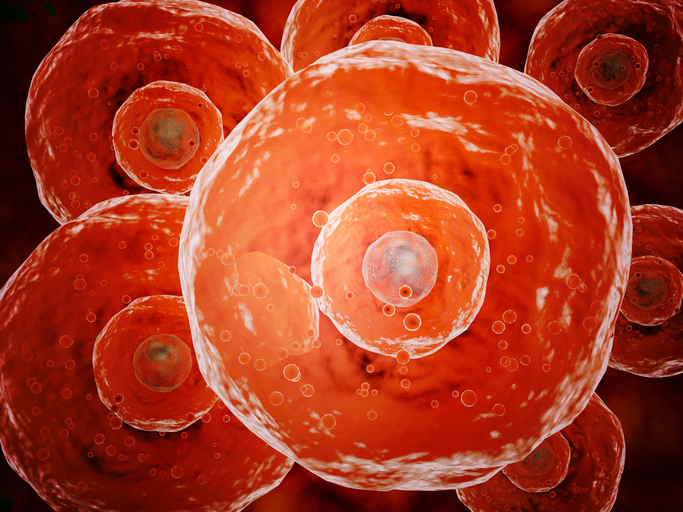
A consortium of four research institutions were recently awarded a $6.5 million grant for the National Institutes of Health (NI) to establish the Center for Biomedical Modeling, which aims to develop predictive models of biological systems with a goal of better informing precision medicine and bioengineering. Member organizations include the Icahn Institute for Genomics and Multiscale Biology at the Icahn School of Medicine at Mount Sinai, the University of Washington, the University of Connecticut, and the University of Auckland, New Zealand. Jonathan Karr, Ph.D., and assistant professor at the Icahn Institute will lead the effort.
According to a press release issued by the Icahn Institute, creating workable and scalable computer models of human systems, at the cellular level, is vital for advancing precision medicine and to help bioengineers design new microorganisms. But to date, these efforts have been hampered by a lack of data and appropriate tools to develop reliable computer models.
To bridge this gap, Karr and his team plan to develop and integrated database of molecular data, and tools designed to identify relevant data that can create models of specific cell types, as well as tools that can design models for larger datasets. The team will work with other collaborators that are building whole-cell models to ensure the new technologies developed by the Center will provide advanced modeling capabilities.
“This NIH support significantly impacts our team's capabilities and will enable us to develop the technologies researchers need to build comprehensive whole-cell models,” said Karr, one of the project directors of the NIH grant. “Ultimately, we believe these models will help physicians precisely treat individual patients and help bioengineers design powerful microorganisms that can sense and disrupt disease.”
As part of its work, the center has committed to organizing workshops for researchers, providing assistance to researchers who are annotating models, and verifying models submitted to its nine partner journals.












